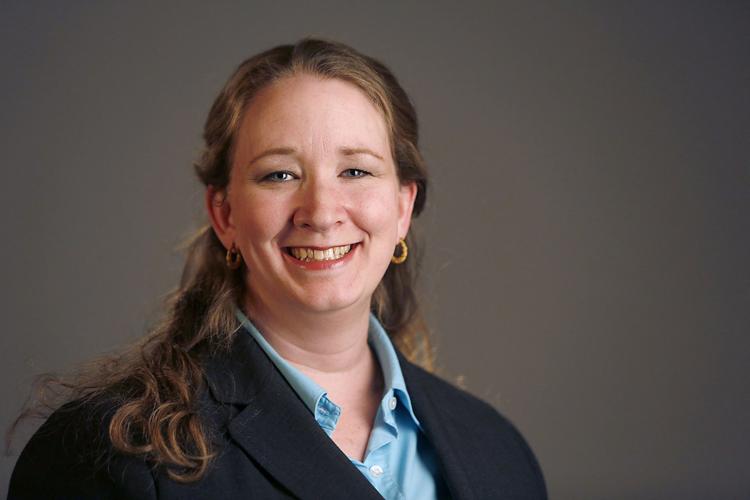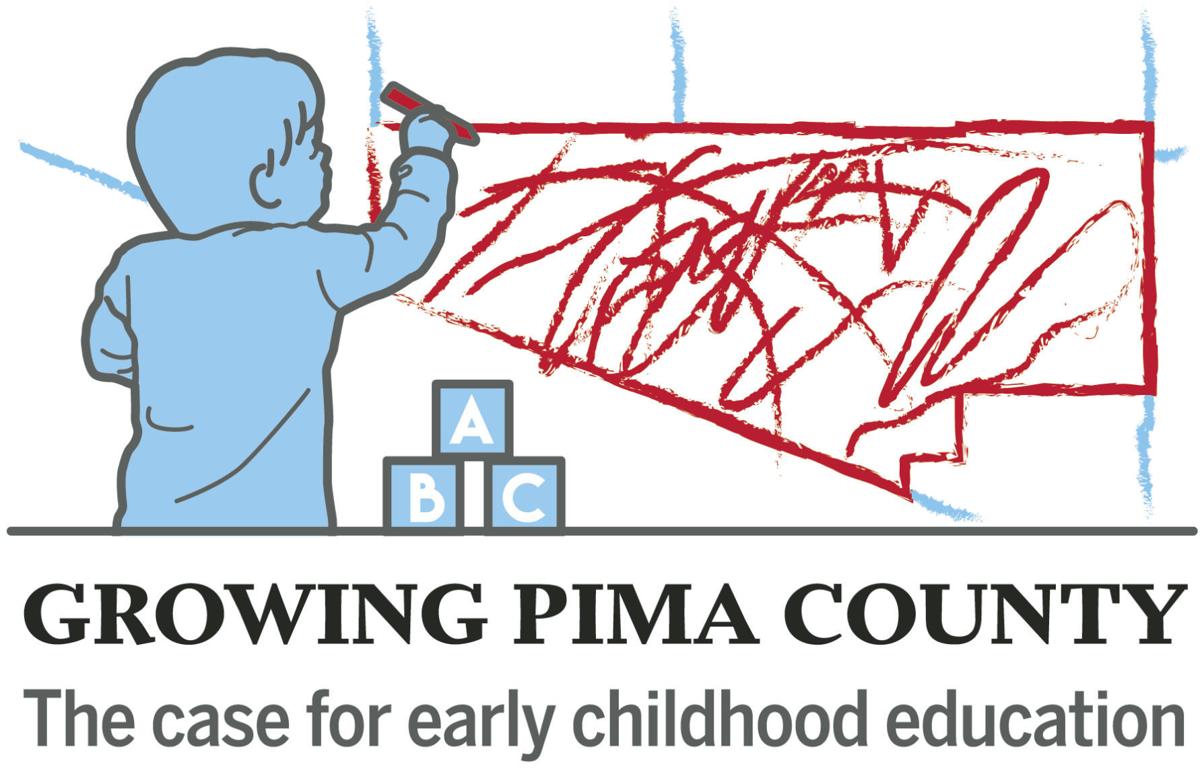Last week we published the first installment in our Star Opinion project, “Growing Pima County: The Case for Early Childhood Education.”
In it I tell the story of how Charlotte and Mecklenburg County, North Carolina, decided that early childhood education was the key to economic development — and they built Meck Pre-K, designed to enroll and fund as many 4-year-olds as possible in high-quality preschool programs.
We can build a public preschool system for low-income kids here, at home in Pima County.
We need to — for our economy, for our quality of life, for our survival and growth.
I’ve made no mystery of my support, and the Star Opinion department’s support, of early childhood education.
My support for early childhood education comes from nearly two decades covering public education as a news reporter, and then as an opinion journalist, for the Star.
Over the years I’ve read the studies, researched what other communities have done, including San Antonio, which we’ll write about soon.
I’ve reported on local preschool programs, and witnessed the magic in the moment when the youngest minds become engaged and begin to figure out their world.
I’ve listened to neurologists explain the brain science that backs up the large-scale investment in public early childhood education, but also reaffirms something I hope we all know to be true:
Smiling at babies is a good thing.
Interacting directly with young children — including infants — helps them develop human communication and connection.
So don’t smile at babies just because they’re adorable. Smile because you’re helping their brains grow strong.
Your smile helps that tiny person develop.
It’s this kind of small-gesture-to-big-benefit connection that I think helps frame early childhood education as an investment.
Considering the creation of an early childhood education system — heck, even just contemplating something that requires four jargony words to describe it — sounds big. And it is.
Making affordable high-quality early childhood education available to Pima County families who want it is necessary. But it seems so, well, unwieldy.
So think of it this way: You help one child. You’re helping one young kid develop social, emotional and academic skills she’ll use every day of her life. You’re helping him be ready for kindergarten and beyond.
By doing that, you’re helping all the kids, according to a study from the Duke University Center for Child and Family Policy.
You’re helping the rest of us, too.
And you’re helping yourself by reducing the future needs of that child, by increasing her chances of reading at grade level and graduating high school and going to college, staying away from crime and making higher wages.
When I visited Charlotte and Raleigh, North Carolina, late last year, I was struck by something that I felt but couldn’t pinpoint until I came home and recognized its absence: Every person I spoke with accepted the benefit and necessity of early childhood education —preschool — as a given. It’s part of the fabric of not only those two cities, but the entire state.
“It feels that way now, but it wasn’t always,” said Cindy Watkins, head of The North Carolina Partnership for Children, Inc.
What a wonderful status quo.
Today, each of the state’s 100 counties receives state funding for NC Pre-K, which provides tuition help for 4-year-olds from low-income families to attend high-quality preschool.
Many counties add to the funding, directly or through school districts. A few poor, rural counties rely entirely on the state money.
But the system exists. Each partnership is operated locally, under the North Carolina Partnership for Children, and can be tailored to its community.
The economic case for investing in young children was made more than 20 years ago in North Carolina, when Gov. Jim Hunt made early childhood education his policy priority.
It wasn’t an easy sell, Watkins said. “There was a lot of pushback on the leaders of this effort, saying we’re not a nanny state.
“It has been a very long and slow education process that early childhood education is not just a bunch of people who want to do something for humanity – there is hard science.”
North Carolina continues to improve and expand preschool.
“Early childhood education is our economic engine,” said Dr. Mandy Cohen, the secretary of the North Carolina Department of Health and Human Services.
“You can trace it back to the root of why North Carolina is as competitive as it is now, because 20 years ago Gov. Hunt said early childhood education is a priority.”
We can do the same in Pima County.
Business and community leaders have created a plan that can guide us: the Pima County Preschool Investment Program.
The Pima County Board of Supervisors has the power to lead, to make PCPIP a reality.
Doing so will take leadership and the vision to think beyond the next pothole.







